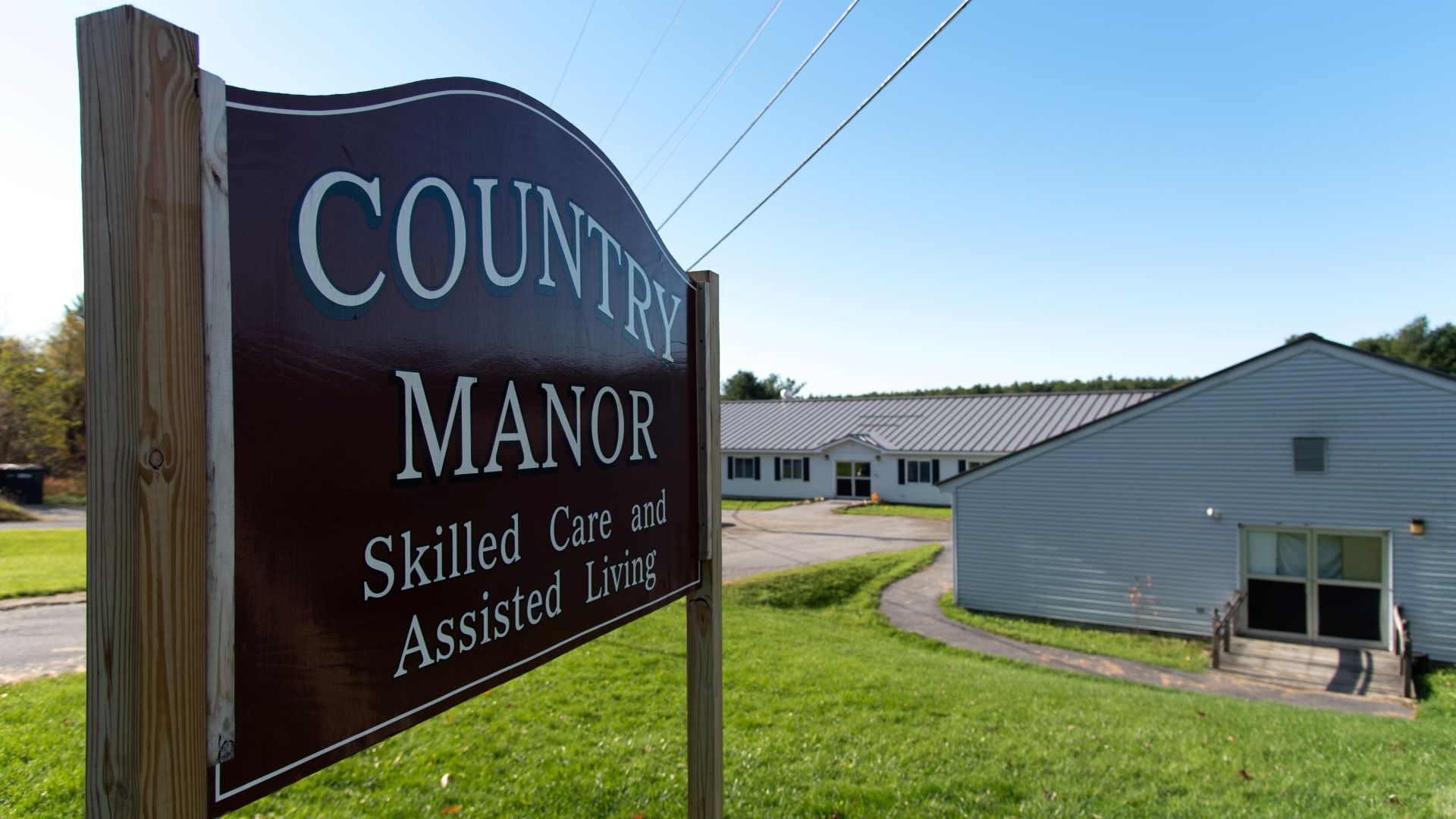Maine nursing home and assisted living facility employees soon will be represented by a new statewide advisory council that is among the first of its kind in the nation, and that marks the first time in Maine that direct care workers will have a collective voice.
Direct care workers faced workforce shortages and low pay even before the COVID-19 pandemic added stress to healthcare professions.
Maine direct care workers historically haven’t had an organized voice in policy decisions related to their work, said Brenda Gallant, the state’s long-term care ombudsman.
“Providers have a strong voice. Advocacy organizations have a strong voice. State government has a strong voice,” Gallant said. “It’s important that we develop a strong and sustained collective voice for direct care and direct support professionals.”
Applicants for the advisory council are under review. Gallant anticipates there will be about 15 members. They will advise state agencies on recruitment and retention efforts in direct care.
The formation of a council was recommended in a report released last week by the Long Term Care Ombudsman Program, which conducted anonymous focus groups with 58 direct care workers statewide between November and early January.
The focus groups were diverse in terms of geography, gender, background and care setting.
Study findings
The study found that direct care workers are primarily concerned about burnout and worker shortages, exacerbated by the pandemic.
One participant said that at the start of the pandemic, COVID-19 killed half of the patients at the cardiopulmonary rehab in one facility. That worker took a couple months off after that, and at least five coworkers left healthcare altogether.
“It’s really hard when it’s only you and another person and say, like 30 residents,” another respondent said. “How (are) you supposed to keep them all safe?”
The direct care workers said they wanted better communication with employers, more training opportunities and consistent standards of care.
Gallant said she liked a suggestion to create a universal worker designation for care workers who would be qualified for multiple direct care settings.
The report also recommended elevating the status of direct care workers, standardizing job descriptions, providing feedback to employers, promoting entry level direct care workers as a stepping stone into healthcare and partnering with the community college system.
Gallant said her agency is working on a documentary about a day in the life of Maine’s direct care professionals.
Many participants said they chose the profession because of a family history with direct care and wanting to do meaningful work caring for people.
But they said the pay does not match the work. Many had additional jobs to make ends meet.
After the Legislative Health and Human Services committee heard the findings of the report earlier this month, Sen. Joe Baldacci (D-Bangor) asked for a progress report on recent efforts to increase MaineCare reimbursement rates.
“Wages and benefits is probably one of the No. 1 ways we show our appreciation for people’s hard work,” he said.
During the pandemic, the state temporarily increased reimbursement rates and distributed coronavirus relief funds to nursing homes, state officials reported. This week, the state Department of Health and Human Services began distributing $116 million in MaineCare payments to fund bonuses for 20,000 direct support workers.
State agencies also are working on recruitment and retention campaigns, and expanding apprenticeship programs.
“I think what (the report) tells me is that direct share staff want to be heard,” Gallant said. “They have expertise to share. They do a complex job. And they do it with dedication. They care very much about their profession and they welcome the opportunity to weigh in about what’s important with respect to their jobs.”








